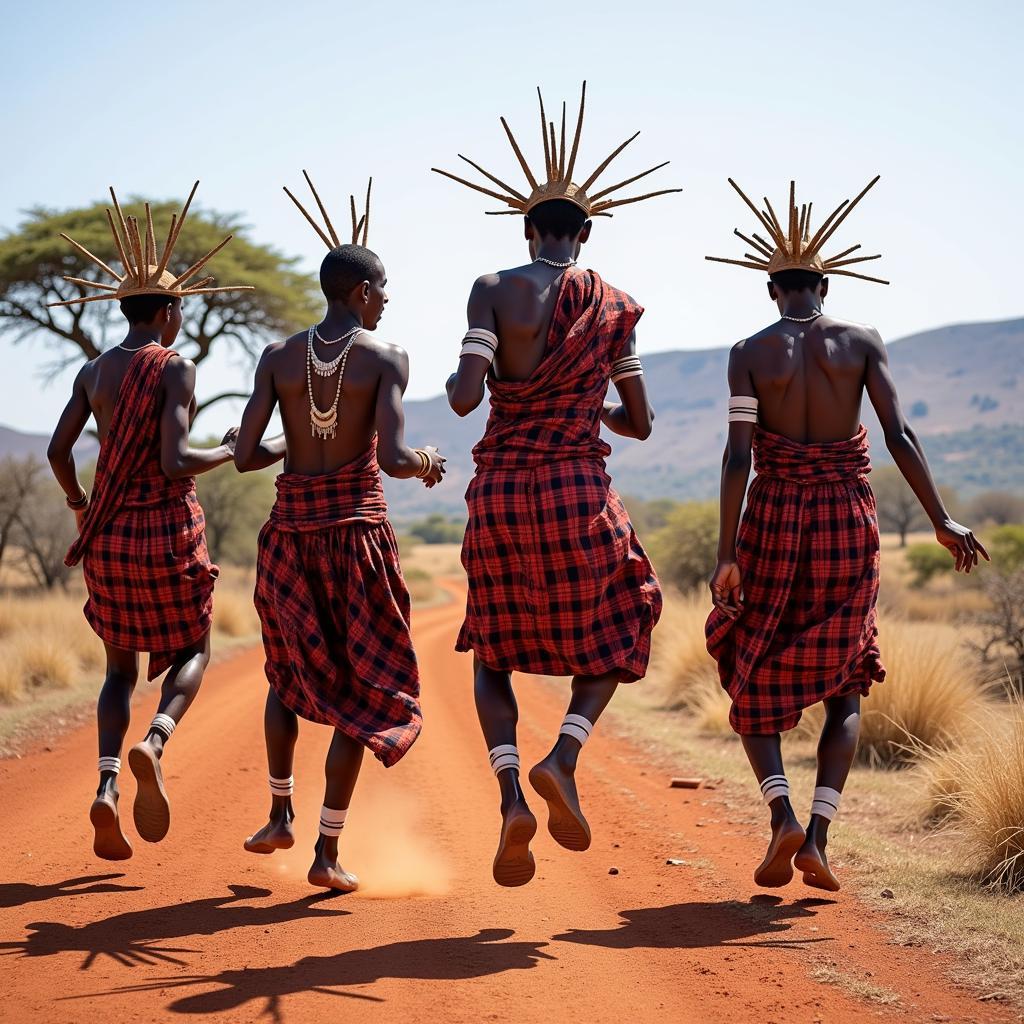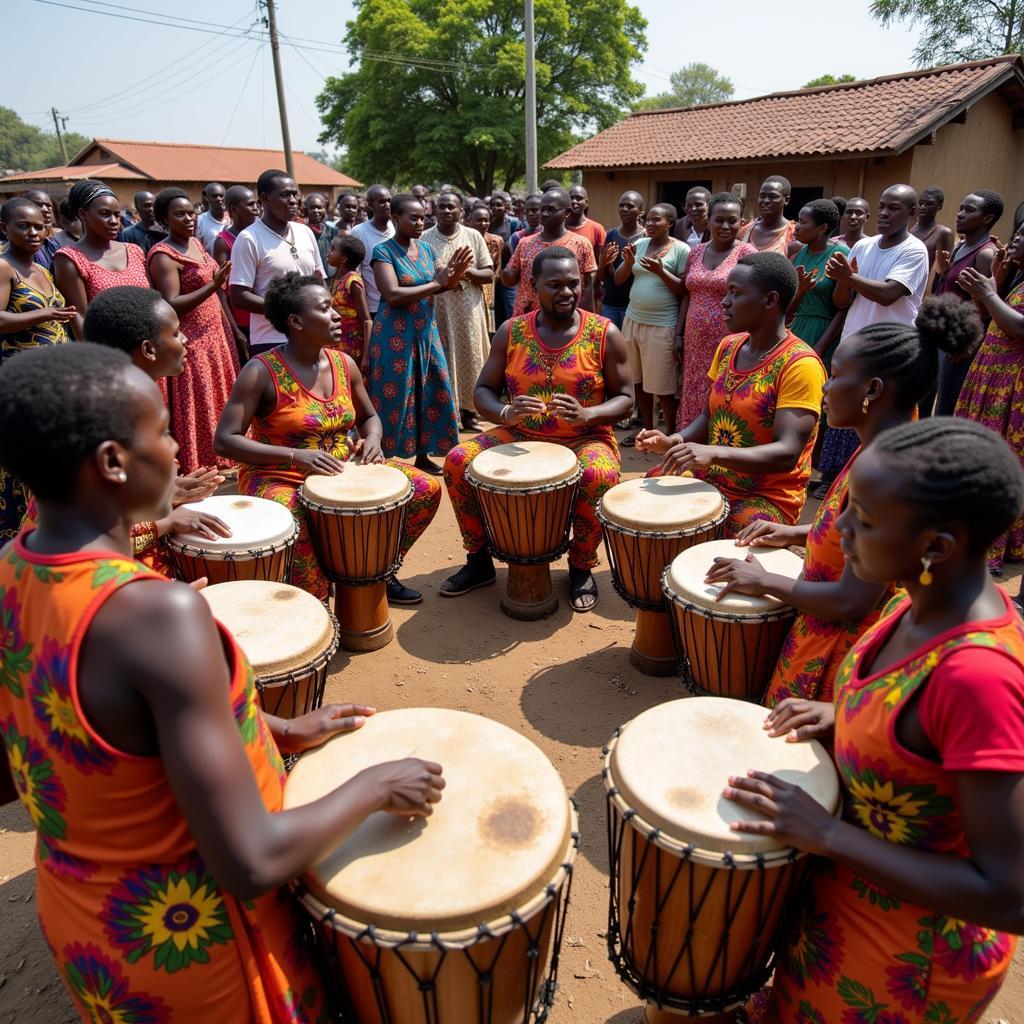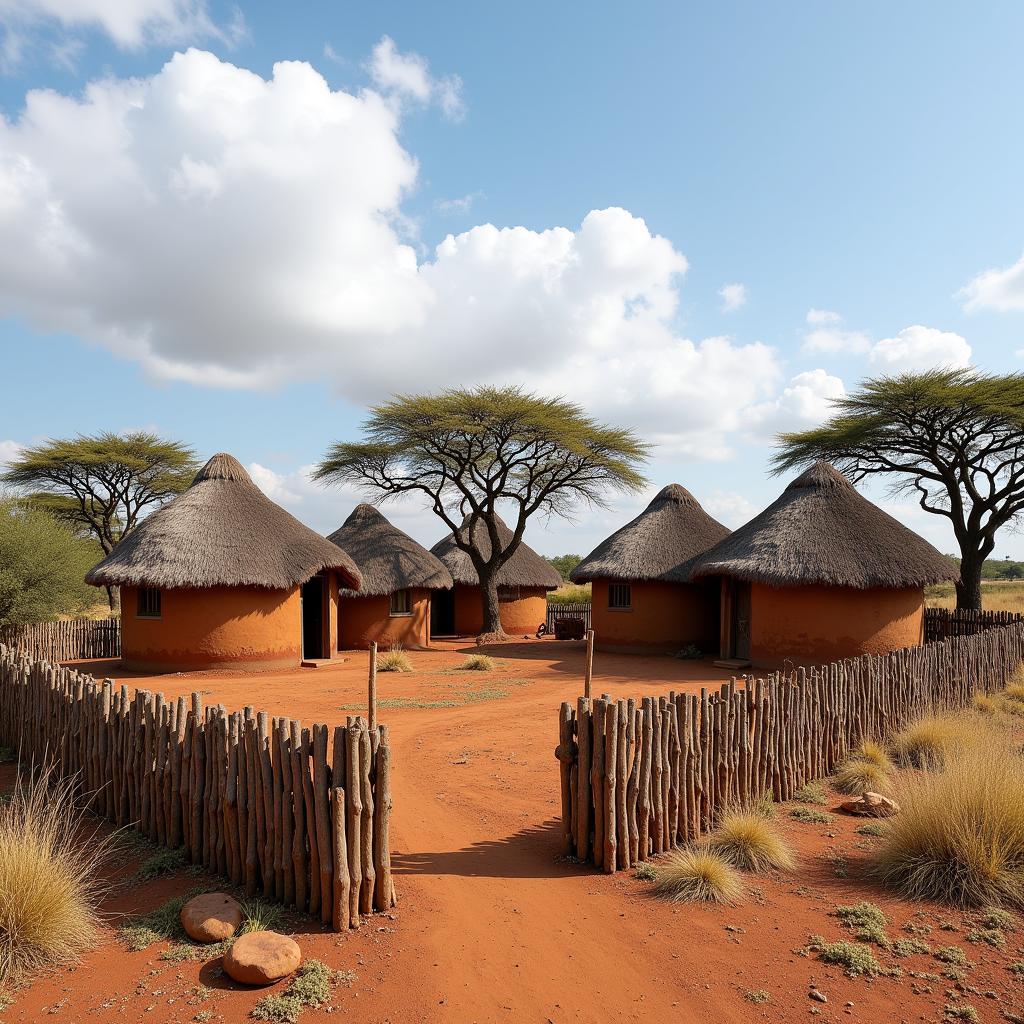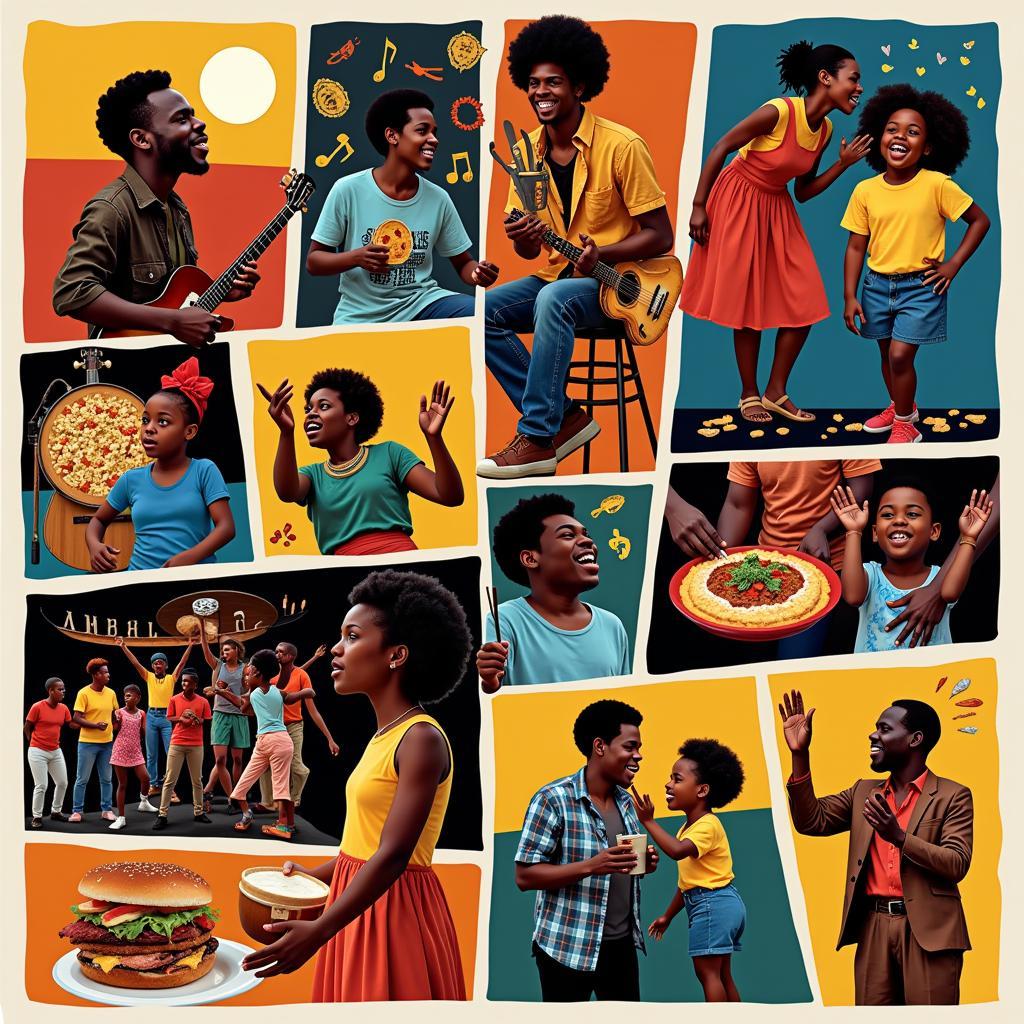Exploring African Culture and Traditions with Pictures
African culture and traditions are as diverse as the continent’s vast landscapes and numerous ethnic groups. From vibrant art and music to intricate rituals and captivating storytelling, Africa offers a rich tapestry of cultural expressions. This article delves into the heart of African culture and traditions, providing captivating insights and stunning visuals to showcase its beauty and complexity.
A Journey Through the Heart of Africa: Rituals and Ceremonies
African traditions are often deeply rooted in spirituality and a profound connection to ancestors. Rituals and ceremonies play a vital role in marking significant life events, from birth and initiation to marriage and death. These ceremonies often involve elaborate costumes, music, dance, and storytelling, creating a powerful sense of community and shared identity. For example, the Maasai people of East Africa have a coming-of-age ceremony for young warriors involving elaborate headdresses and intricate dances. Similarly, many West African communities celebrate harvest festivals with vibrant masquerades and rhythmic drumming, thanking the earth for its bounty. These rituals are not merely performances; they are living expressions of cultural values and beliefs, passed down through generations. Check out African brides magazine for more insights into traditional wedding ceremonies.
 Maasai coming-of-age ceremony in Tanzania
Maasai coming-of-age ceremony in Tanzania
The Expressive Arts of Africa: Music, Dance, and Storytelling
African artistic expressions are renowned for their vibrancy, creativity, and deep cultural significance. Music and dance are integral to everyday life, serving as powerful forms of communication, celebration, and storytelling. From the rhythmic drumming of West Africa to the melodic harmonies of South Africa, music transcends language barriers and unites people in shared experiences. Traditional African dance forms are equally diverse, each telling a story through intricate movements and gestures. These artistic expressions are not just forms of entertainment, but also vital tools for preserving cultural heritage and transmitting knowledge. Storytelling, too, holds a prominent place in African culture, with griots and elders passing down history, wisdom, and moral lessons through captivating narratives.
 West African drumming circle during a festival
West African drumming circle during a festival
The diversity of family structures and traditions across the continent is remarkable. While some communities prioritize extended families and communal living, others place greater emphasis on nuclear family units. See African american family pictures clip art for visual representations of diverse family structures.
The Diversity of African Architecture and Design
From the iconic mud-brick houses of North Africa to the elaborately decorated huts of Southern Africa, architecture reflects the ingenuity and adaptability of African cultures to diverse environments. Traditional building techniques often utilize locally available materials and incorporate symbolic designs that represent cultural values and beliefs. African huts pictures offers a glimpse into the diverse architectural styles found across the continent.
 Traditional African homestead in rural landscape
Traditional African homestead in rural landscape
What are some common misconceptions about African culture?
A common misconception is that Africa is a single homogenous culture. In reality, it’s a continent of over 50 countries, each with diverse ethnic groups, languages, and traditions.
How is African culture being preserved in the modern world?
Efforts to preserve African culture are multifaceted, including museums, cultural centers, festivals, and educational programs. The rise of digital platforms is also providing new avenues for sharing and celebrating African heritage.
What are some key values emphasized in African cultures?
Many African cultures place a strong emphasis on community, respect for elders, and the importance of oral traditions. Ubuntu, a philosophy emphasizing interconnectedness and shared humanity, is a core value in many parts of the continent.
African Culture and Traditions: A Legacy for the Future
African culture and traditions, with their rich tapestry of rituals, artistic expressions, and social values, offer a captivating glimpse into the heart of this diverse continent. By understanding and appreciating these traditions, we gain a deeper understanding of the human experience. African culture and traditions are not static relics of the past; they are dynamic and evolving forces that continue to shape the present and inspire the future. See an African man picture for a glimpse of daily life. Furthermore, exploring the bond between humans and animals is crucial to understanding African culture. African elephant boy showcases this unique relationship.
FAQ
- What is the significance of masks in African culture? Masks often hold spiritual and ceremonial significance, representing spirits, ancestors, or deities.
- What are some popular African musical instruments? Popular instruments include the djembe, kora, mbira, and talking drum.
- What is the role of storytelling in African culture? Storytelling is essential for transmitting history, knowledge, and moral values across generations.
- What are some common themes in African art? Common themes include spirituality, nature, community, and ancestry.
- How does African cuisine reflect cultural diversity? African cuisine varies widely across regions, incorporating diverse ingredients and cooking techniques influenced by local traditions and available resources.
- What are some challenges facing the preservation of African culture? Globalization and modernization can pose challenges to preserving traditional practices.
- How can I learn more about specific African cultures? Researching individual countries, ethnic groups, and cultural organizations is a great starting point.
Need assistance? Contact us at +255768904061, [email protected] or visit us in Mbarali DC Mawindi, Kangaga, Tanzania. We have a 24/7 customer service team.
